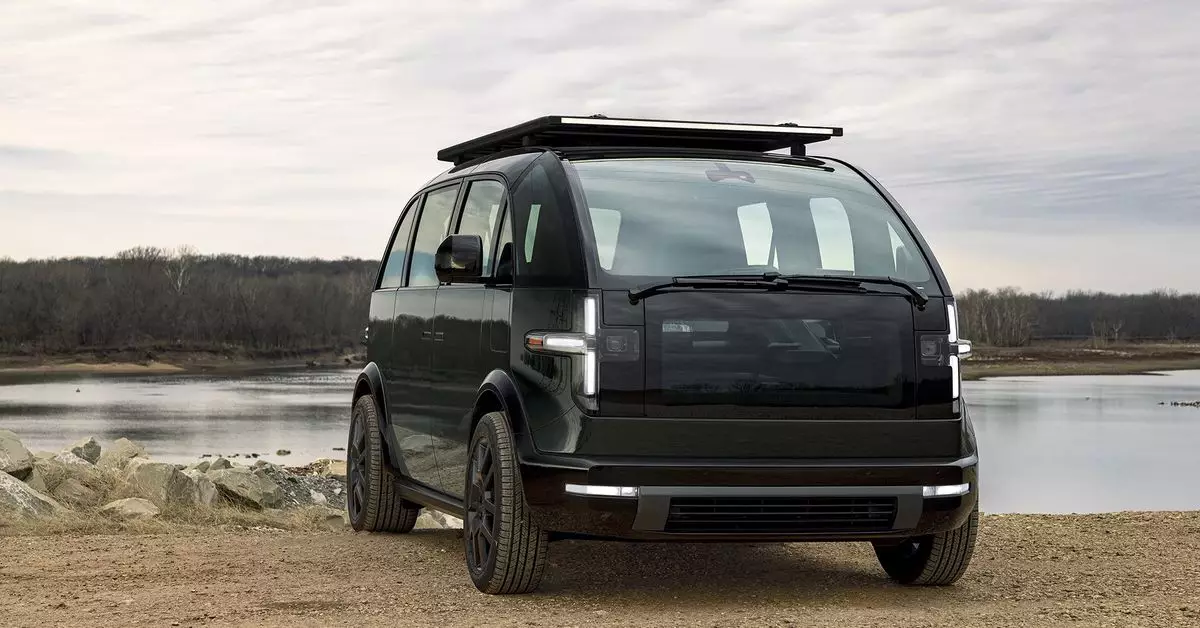Canoo, an electric vehicle (EV) startup founded with ambitious goals in 2017 to manufacture innovative vans and trucks, is now facing a precarious financial landscape. Recently, the company made headlines by announcing a mandatory unpaid break for its remaining employees following the furlough of numerous staff members. This decision, which reflects the dire straits the company finds itself in, raises questions about its long-term viability and strategic direction going forward.
According to reports from TechCrunch, the employees still remaining at Canoo received an unsettling communication about their immediate future. They were informed that they would not only be furloughed but also locked out of the company’s systems until at least the end of the year. Coupled with the alarming news that employees’ benefits would only be in effect through the end of the month, the internal company climate likely feels unstable and uncertain. The emotional toll on the workforce could lead to higher turnover rates and diminished morale, further complicating the company’s recovery efforts.
Canoo’s financial backdrop is sobering, with reports stating that the company had merely $700,000 available in the bank as of last month. This lack of liquidity forced management to idle its manufacturing operations in Oklahoma and undertake drastic cost-cutting measures. Such stark realities suggest an urgent need for effective fund-raising initiatives to secure the capital necessary for operational resumption. Without a solid financial cushion, the startup is at risk of defaulting on its obligations, ultimately jeopardizing its very existence.
In a bid to maintain its presence on the Nasdaq exchange, Canoo is also implementing a 1-for-20 reverse stock split, set to take effect on December 24th. While a reverse stock split can sometimes stabilize a declining stock price and instill confidence among investors, it can also be viewed as a desperate attempt to manipulate share values after poor performance. Investors may question whether this move is merely a façade to attract institutional and retail investors amid unsettling financial circumstances.
As highlighted by industry analysts, Canoo is at a critical juncture. The company had once captured the imagination of eco-conscious consumers eager for innovative electric solutions, yet it has only produced vehicles for government contracts. Analysts have voiced concerns over Canoo’s sustainability, pointing to the departure of several high-profile executives, including its founding team, as symptomatic of deeper issues within the organization. This trend of leadership losses not only signals instability but also raises doubts among stakeholders about the company’s strategic vision.
In a rapidly evolving EV marketplace, Canoo’s journey serves as a cautionary tale about the challenges faced by startups striving for relevance. While there remains hope for a strategic pivot or financial bailout, the uphill battle for Canoo is clear, as it tumbles toward an uncertain future in the competitive landscape of electric mobility.


Leave a Reply